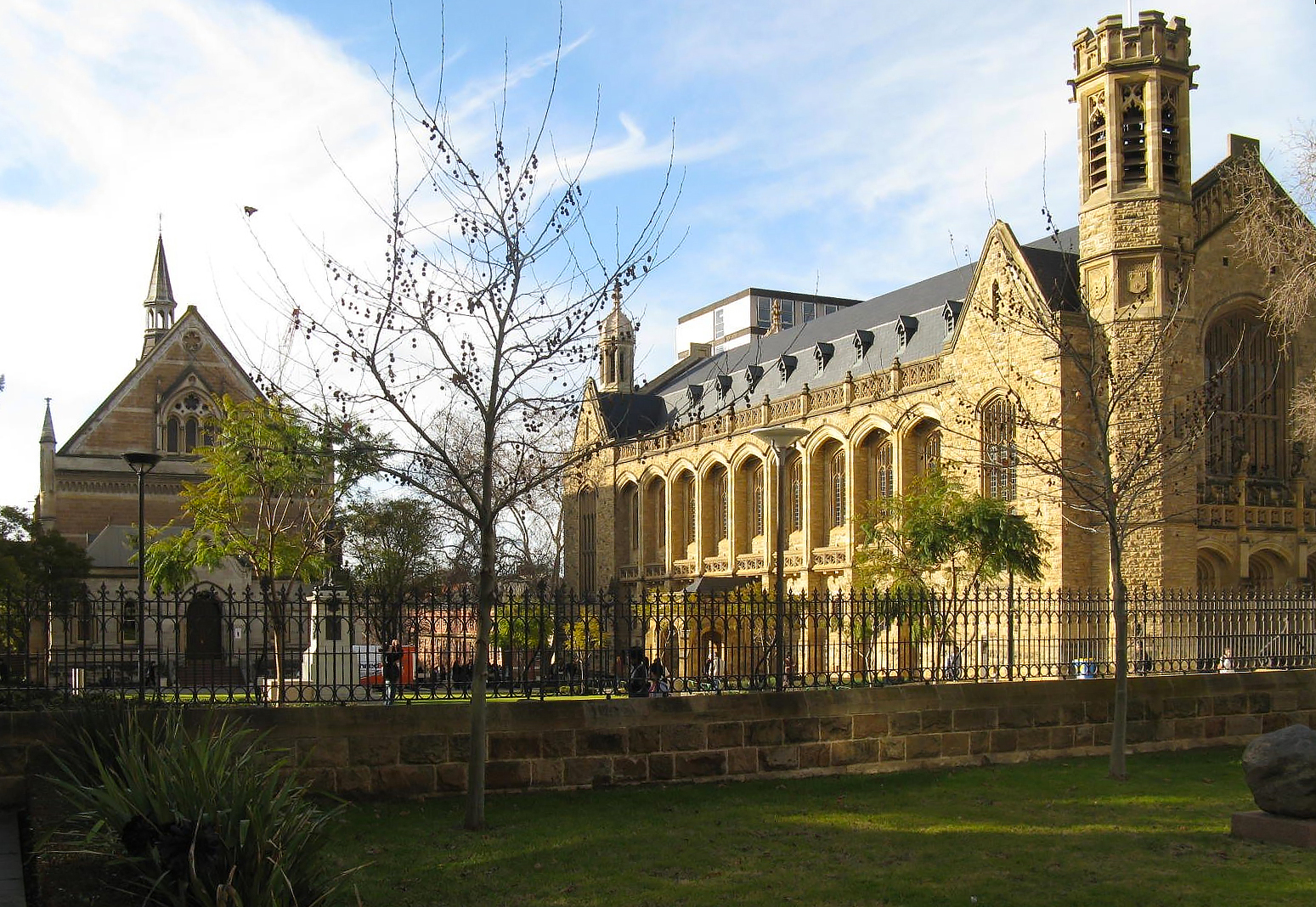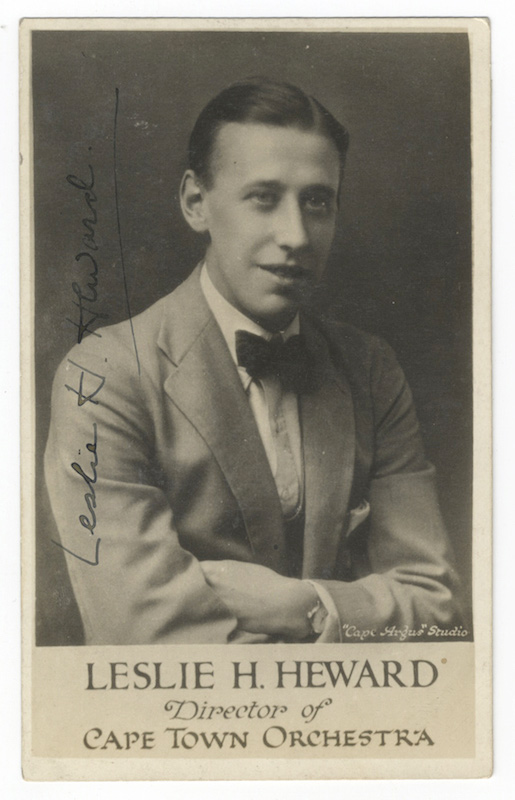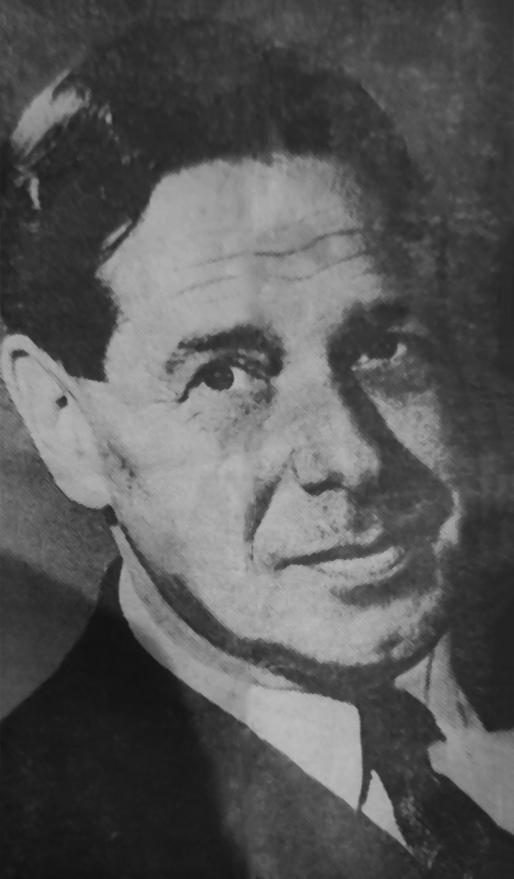|
Miriam Hyde
Miriam Beatrice Hyde (15 January 191311 January 2005) was an Australian composer, classical pianist, music educator, and poet. She composed over 150 works for piano, 50 songs, other instrumental and orchestral works and performed as a concert pianist with eminent conductors including Sir Malcolm Sargent, Constant Lambert, Georg Schnéevoigt, Sir Bernard Heinze and Geoffrey Simon. She also had books of poetry published, and wrote an autobiography. Life Hyde was born in Adelaide in 1913, a daughter of Mr and Mrs C. H. Hyde of Torrens Park, Adelaide. Music was an important part of her family life: her mother, Muriel, played and taught piano; her aunt, Clarice Gmeiner, played violin, viola and harp with the South Australian Symphony Orchestra; and her younger sister, Pauline, played violin and sang.Johnson (2004) Her early music lessons were provided by her mother, but in 1925 she won a scholarship to attend the Elder Conservatorium of Music in Adelaide. After graduating with h ... [...More Info...] [...Related Items...] OR: [Wikipedia] [Google] [Baidu] |
Elder Conservatorium Of Music
The Elder Conservatorium of Music, also known as "The Con", is Australia's senior academy of music and is located in the centre of Adelaide, the capital of South Australia. It is named in honour of its benefactor, Sir Thomas Elder. Dating in its earliest form from 1883, it has a history in professional training for musical performance, musical composition, research in all fields of music, and music education. The Elder Conservatorium of Music and its forerunners have been parts of the University of Adelaide since the early 1880s. History The Elder Conservatorium of Music was formally constituted in 1898 as the result of a major philanthropic bequest from the will of the Scottish-Australian pastoralist, Sir Thomas Elder, whose statue stands outside Elder Hall. The history, however, goes back further than 1898. An earlier philanthropic donation from Sir Thomas Elder had helped to establish the Elder Professorship of Music in 1883, with the first incumbent taking up the post ... [...More Info...] [...Related Items...] OR: [Wikipedia] [Google] [Baidu] |
Varney Monk
Varney Monk (born Isabel Varney Desmond Peterson; 18 January 1892 – 7 February 1967) was an Australian pianist and composer, best known for writing the musicals '' Collits' Inn'' (1932) and ''The Cedar Tree'' (1934). ''Collits' Inn'' was described by the ''Sydney Morning Herald'' as "an Australian opera". From families of Scottish heritage and musical ability, her father was a solicitor. Soon after her birth in Bacchus Marsh, the family moved to Tasmania. Monk's mother died when Monk was eleven, and her father died in 1929. During her career she wrote over 150 songs. Her first song was published at age thirteen, and by 1934, Monk had won the best song in an Australian Radio Competition with 'Some distant day', and the 1933 Broken Hill Jubilee Song Competition. Using Australian poems as inspiration, she set to music three pieces of verse by Adam Lindsay Gordon (1833–1870), eight by Henry Kendall (1839–1882), two by Will H. Ogilvie (1869–1963), and others by Miles F ... [...More Info...] [...Related Items...] OR: [Wikipedia] [Google] [Baidu] |
Sergei Rachmaninoff
Sergei Vasilyevich Rachmaninoff; in Russian pre-revolutionary script. (28 March 1943) was a Russian composer, virtuoso pianist, and conductor. Rachmaninoff is widely considered one of the finest pianists of his day and, as a composer, one of the last great representatives of Romanticism in Russian classical music. Early influences of Tchaikovsky, Rimsky-Korsakov, and other Russian composers gave way to a thoroughly personal idiom notable for its song-like melodicism, expressiveness and rich orchestral colours. The piano is featured prominently in Rachmaninoff's compositional output and he made a point of using his skills as a performer to fully explore the expressive and technical possibilities of the instrument. Born into a musical family, Rachmaninoff took up the piano at the age of four. He studied with Anton Arensky and Sergei Taneyev at the Moscow Conservatory and graduated in 1892, having already composed several piano and orchestral pieces. In 1897, following the d ... [...More Info...] [...Related Items...] OR: [Wikipedia] [Google] [Baidu] |
London Symphony Orchestra
The London Symphony Orchestra (LSO) is a British symphony orchestra based in London. Founded in 1904, the LSO is the oldest of London's orchestras, symphony orchestras. The LSO was created by a group of players who left Henry Wood's Queen's Hall Orchestra because of a new rule requiring players to give the orchestra their exclusive services. The LSO itself later introduced a similar rule for its members. From the outset the LSO was organised on co-operative lines, with all players sharing the profits at the end of each season. This practice continued for the orchestra's first four decades. The LSO underwent periods of eclipse in the 1930s and 1950s when it was regarded as inferior in quality to new London orchestras, to which it lost players and bookings: the BBC Symphony Orchestra and the London Philharmonic Orchestra in the 1930s and the Philharmonia Orchestra, Philharmonia and Royal Philharmonic Orchestra, Royal Philharmonic after the Second World War. The profit-sharing ... [...More Info...] [...Related Items...] OR: [Wikipedia] [Google] [Baidu] |
Leslie Heward
Leslie Hays Heward (8 December 1897 – 3 May 1943) was an English conductor and composer. Between 1930 and 1942 he was the Music Director of the City of Birmingham Orchestra. Heward was born in Liversedge, Yorkshire, the son of a railway porter and organist. He showed remarkable musical promise as a child. By the age of two he was playing the piano, by the age of four he was playing the organ, and by the age of eight he was accompanying a performance of Handel's ''Messiah'' on the organ in Bradford. At 12 he was a choir boy at Manchester Cathedral, supported by the organist there, Sidney Nicholson. In 1917 he won a scholarship to the Royal College of Music. There he was one of the first pupils in Adrian Boult's conducting class, and was described by Hubert Parry as "the kind of phenomenon that appears once in a generation". After leaving the College Heward took teaching posts at Eton and Westminster, became chorus master and subsequently a conductor for the British National ... [...More Info...] [...Related Items...] OR: [Wikipedia] [Google] [Baidu] |
London Philharmonic Orchestra
The London Philharmonic Orchestra (LPO) is one of five permanent symphony orchestras based in London. It was founded by the conductors Sir Thomas Beecham and Malcolm Sargent in 1932 as a rival to the existing London Symphony and BBC Symphony Orchestras. The founders' ambition was to build an orchestra the equal of any European or American rival. Between 1932 and the Second World War the LPO was widely judged to have succeeded in this regard. After the outbreak of war, the orchestra's private backers withdrew and the players reconstituted the LPO as a self-governing cooperative. In the post-war years, the orchestra faced challenges from two new rivals; the Philharmonia and the Royal Philharmonic, founded respectively in 1946 and 1947, achieved a quality of playing not matched by the older orchestras, including the LPO. By the 1960s the LPO had regained its earlier standards, and in 1964 it secured a valuable engagement to play in the Glyndebourne Festival during the summer mo ... [...More Info...] [...Related Items...] OR: [Wikipedia] [Google] [Baidu] |
Holland Park
Holland Park is an area of Kensington, on the western edge of Central London, that contains a street and public park of the same name. It has no official boundaries but is roughly bounded by Kensington High Street to the south, Holland Road to the west, Holland Park Avenue to the north, and Kensington Church Street to the east. Adjacent districts are Notting Hill to the north, Earl's Court to the south, and Shepherd's Bush to the northwest. The area is principally composed of tree-lined streets with large Victorian townhouses, and contains many shops, cultural tourist attractions such as the Design Museum, luxury spas, hotels, and restaurants, as well as the embassies of several countries. The street of Holland Park is formed from three linked roads constructed between 1860 and 1880 in projects of master builders William and Francis Radford, who were contracted to build and built over 200 houses in the area. Notable nineteenth-century residential developments in the area in ... [...More Info...] [...Related Items...] OR: [Wikipedia] [Google] [Baidu] |
Walter Willson Cobbett
Walter Willson Cobbett (11 July 184722 January 1937) was an English businessman and amateur violinist, and editor/author of ''Cobbett's Cyclopedic Survey of Chamber Music''. He also endowed the Cobbett Medal for services to chamber music. Walter Cobbett was born in 1847 in Blackheath, England. He became an active supporter of music, and commissioned numerous works of chamber music from emerging and leading British composers of his time, including chamber works by Benjamin Britten, Frank Bridge, Ralph Vaughan Williams, Arnold Bax, and Eugene Goossens. His two-volume encyclopedia of chamber music, published in 1929, is still considered the most comprehensive work on the subject today. His insightful, wry and occasionally caustic style makes for enlightening and delightful reading. An innovative industrialist and astute businessman, Cobbett was cofounder of Scandinavia Belting Ltd (todaBBA Aviation Ltd., which manufactured a new type of woven belting for machinery. But Cobbet ... [...More Info...] [...Related Items...] OR: [Wikipedia] [Google] [Baidu] |
Arthur Benjamin
Arthur Leslie Benjamin (18 September 1893, in Sydney – 10 April 1960, in London) was an Australian composer, pianist, conductor and teacher. He is best known as the composer of '' Jamaican Rumba'' (1938) and of the ''Storm Clouds Cantata'', featured in both versions of the Alfred Hitchcock film ''The Man who Knew Too Much'', in 1934 and 1956. Biography Arthur Benjamin was born in Sydney on 18 September 1893 into a Jewish family, although he was a non-practicing Jew. His parents moved to Brisbane when Arthur was three years old. At the age of six, he made his first public appearance as a pianist and his formal musical training began three years later with George Sampson, the Organist of St John's Cathedral and Brisbane City Organist. In 1911, Benjamin won a scholarship from Brisbane Grammar School to the Royal College of Music (RCM), where he studied composition with Charles Villiers Stanford, harmony and counterpoint with Thomas Dunhill, and piano with Frederic Cliffe. In 1 ... [...More Info...] [...Related Items...] OR: [Wikipedia] [Google] [Baidu] |
Howard Hadley
Howard is an English-language given name originating from Old French Huard (or Houard) from a Germanic source similar to Old High German ''*Hugihard'' "heart-brave", or ''*Hoh-ward'', literally "high defender; chief guardian". It is also probably in some cases a confusion with the Old Norse cognate ''Haward'' (''Hávarðr''), which means "high guard" and as a surname also with the unrelated Hayward. In some rare cases it is from the Old English ''eowu hierde'' "ewe herd". In Anglo-Norman the French digram ''-ou-'' was often rendered as ''-ow-'' such as ''tour'' → ''tower'', ''flour'' (western variant form of ''fleur'') → ''flower'', etc. (with svarabakhti). A diminutive is "Howie" and its shortened form is "Ward" (most common in the 19th century). Between 1900 and 1960, Howard ranked in the U.S. Top 200; between 1960 and 1990, it ranked in the U.S. Top 400; between 1990 and 2004, it ranked in the U.S. Top 600. People with the given name Howard or its variants include: Given ... [...More Info...] [...Related Items...] OR: [Wikipedia] [Google] [Baidu] |
Gordon Jacob
Gordon Percival Septimus Jacob CBE (5 July 18958 June 1984) was an English composer and teacher. He was a professor at the Royal College of Music in London from 1924 until his retirement in 1966, and published four books and many articles about music. As a composer he was prolific: the list of his works totals more than 700, mostly compositions of his own, but a substantial minority of orchestrations and arrangements of other composers' works. Those whose music he orchestrated range from William Byrd to Edward Elgar to Noël Coward. Life and career Jacob was born in Upper Norwood, London, the seventh son and youngest of ten children of Stephen Jacob, and his wife, Clara Laura, ''née'' Forlong. Stephen Jacob, an official of the Indian Civil Service based in Calcutta, died when Gordon was three.Wetherell, Eric"Jacob, Gordon Percival Septimus (1895–1984), composer" ''Oxford Dictionary of National Biography'', Oxford University Press, 2004. Retrieved 30 October 2018 Jacob was e ... [...More Info...] [...Related Items...] OR: [Wikipedia] [Google] [Baidu] |
Elder Overseas Scholarship
The Elder Overseas Scholarship, sometimes referred to as the Elder Travelling Scholarship, is a triennial award to a South Australian (classical) musician, selected by competition from eligible candidates, to study at the Royal College of Music, London for three years. History In 1882 a call was made by the newly established Royal College of Music to philanthropists around the world for a once-off donation of £3,000 to sponsor, perpetually, an eligible young musician to three years of tuition at the school. Mr (later Sir) W. J. Clarke of Melbourne was an early responder, stipulating that his scholarships would be allocated by competition open to residents of the Colony of Victoria. The editor of the South Australian ''Register'' greeted this donation in an article about the college, urging wealthy men of South Australia to follow suit, pointedly mentioning great musicians of the past whose wealthy patrons were remembered honorably as a result — Prince Esterhazy and Haydn, and ... [...More Info...] [...Related Items...] OR: [Wikipedia] [Google] [Baidu] |






